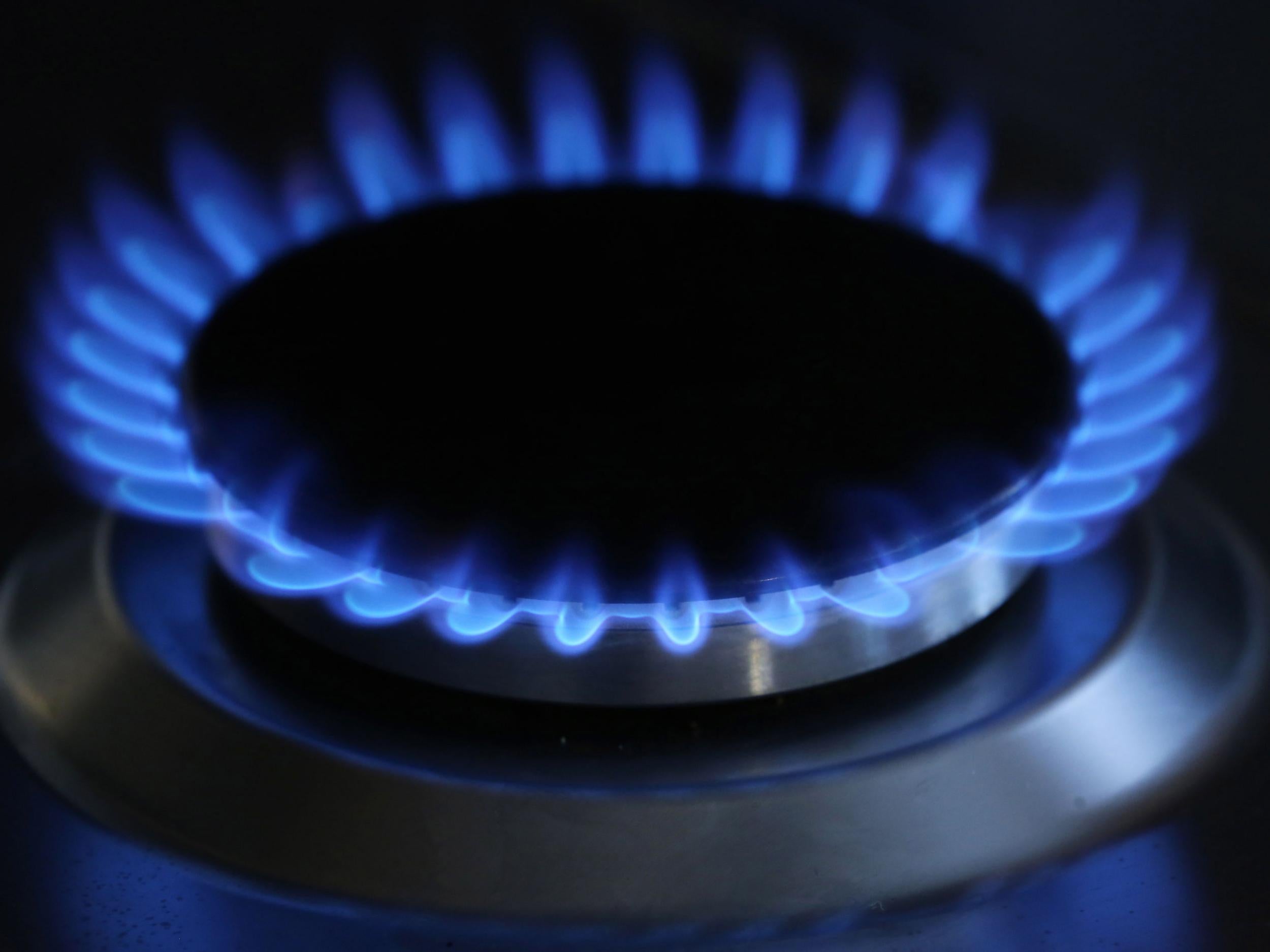Majority of energy customers on poor value tariffs which are up to £300 more expensive than the cheapest deals
Ofgem said more than half of consumers have never switched supplier or have switched only once

Some 60 per cent of energy customers remain on poor value "default" tariffs, which can be £300 more expensive a year than the cheapest deals, Ofgem said.
The regulator's annual State of the Market report said more than half of consumers (58 per cent) have never switched supplier or have switched only once, leaving them paying far more than those who engage with the market.
Ofgem said competition in the wholesale gas and electricity markets was working "reasonably well", with no company able to exploit a dominant position.
It said: "Following a long-term fall, wholesale prices, which reflect global prices, are just beginning to creep up or stabilise.
"However, if competition was working really well, we'd expect to see the benefits felt by all consumers.
"That's not the case at the moment. More than half of consumers (58 per cent) have never switched supplier or have switched only once. 60% of consumers are on variable 'default' tariffs, which can be around £300 more expensive each year than the cheapest fixed-term deals."
It added: "Some progress is being made; the number of customers on poor value tariffs has fallen over two years, as millions switched away from standard variable tariffs or had their prices protected by the pre-payment meter safeguard tariff.
"However, it's not happening far or fast enough."
The report said that while bills have dropped since their peak in 2013, they are still higher in real terms than they were 10 years ago.
While the proportion of households in fuel poverty had remained stable since 2003, they were in greater need because their bills were higher.
PA
Join our commenting forum
Join thought-provoking conversations, follow other Independent readers and see their replies
Comments
Bookmark popover
Removed from bookmarks